Quite recently, Electronic Arts CFO Blake Jorgensen claimed that the publisher is not getting enough credit for treating studios the publisher acquired well. It takes a certain amount of shamelessness for anyone working for the infamous EA to be able to say that. Or perhaps for the executive, making such decisions is just part of the job and not worth remembering.
Fortunately for us who are fans of the departed studios, the internet never really forgets. So let’s take another walk down memory lane, through the EA graveyard, to remember the studios that the publisher shut down, and conveniently forgot about. And by the end, we can evaluate whether we’re really not giving the publisher enough credit, or enough heat.
Though, a disclaimer before we start, this will not be an extensive list. EA has shut down 14 studios overall, and not all of them were acquired externally. In this list, we will only be mentioning a few of those that were indeed bought before being shut down, with one honourable mention that was created and killed by the publisher itself.
Bullfrog Productions
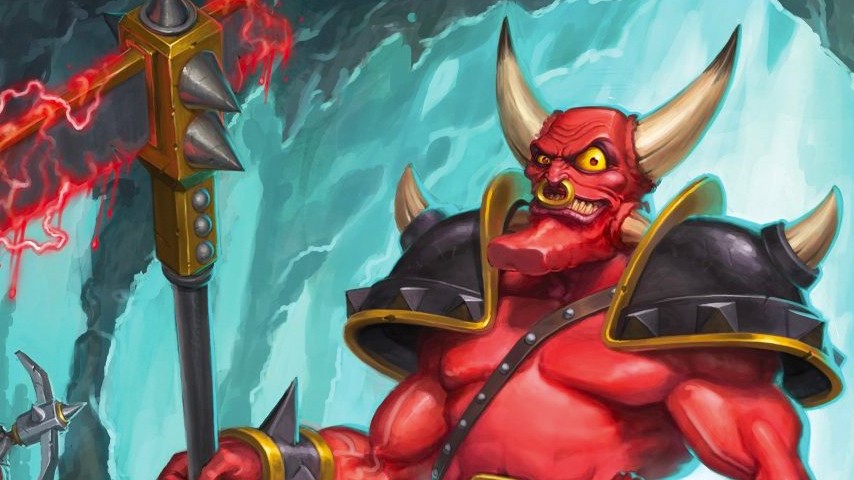
Bullfrog Productions was a pretty old name in the industry. So much so that, if the studio was still alive, it would be older than me. But the studio was dissolved in 2001, back when the internet was still a fairly new thing, so it’s no surprise if the name doesn’t ring any bells for you.
But for those who remember the name, they would also remember that the studio was responsible for games like Populous, as well as the Dungeon Keeper series. As mentioned, the studio wasn’t exactly killed, but it was merged into EA UK, which effectively ended its independent existence.
Westwood Studios

Command & Conquer. Red Alert. Need more be said? Even before the age of the internet, Westwood Studios was a household name even in the late ’90s. Which is a massive achievement to say the least. Following its success, the studio would be acquired by EA in 1998.
Then in 2003, just five years later, the legendary Westwood Studios was shuttered – because Command & Conquer: Renegade did not meet expectations. And we all know the kinds of expectations that the studio killer known as EA has.
Origin Systems
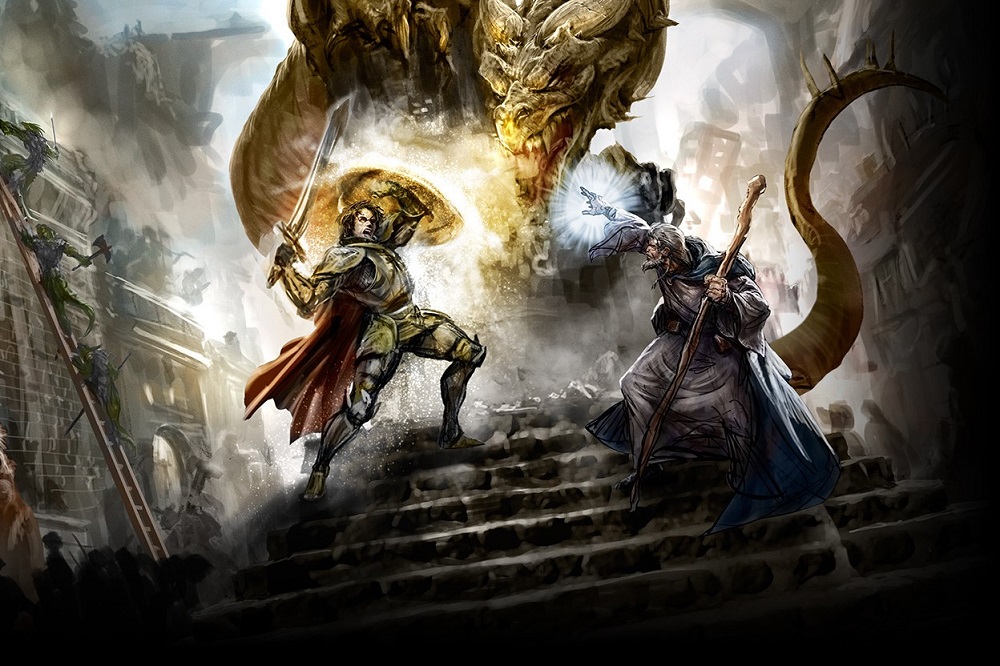
Origin, to be fair, wasn’t known for much else besides one thing: the name behind the Ultima RPG series and the Ultima Online MMO. The success of the series would lead to the studio’s acquisition by EA in 1992.
In a way, there’s a chance that it’s thanks to EA that Origin Systems would come to create the MMO Ultima Online. But it would also be the title to seal the studio’s fate. The publisher would decide that the studio be an online-only company. This may have had something to do with the poor reception of Ultima IX, which lead to the cancellation of the studio’s upcoming projects and its disbanding in 2004. The publisher will continue to use the name for its own games launcher.
Pandemic Studios
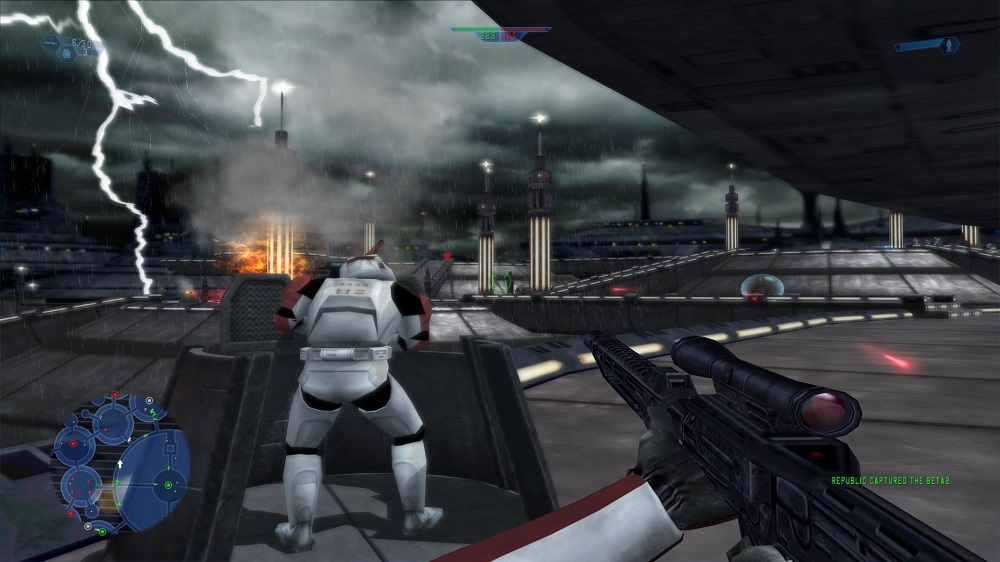
Funnily enough, Pandemic Studios was founded by an equity investment by Activision. In fact, it’s first games would also be sequels to existing titles by the publisher. The studio will ultimately go one to make other games, and strike gold with the eventual making of the original Star Wars Battlefront series.
It would then be acquired by EA in 2007, alongside BioWare, incidentally. The acquisition also caused licensing issues, which meant that Pandemic wouldn’t be able to work on Star Wars Battlefront III. And in 2019, as part of a restructuring in EA, the publisher decided to let the studio go.
Black Box Games

If you know your Need for Speed series, then you’ll know Black Box Games. This was the studio behind the vast majority of the games in the series. In fact, the studio was acquired during the development of Hot Pursuit 2 in 2002.
Black Box would go on to do its own thing, including working on the Skate series, until 2012 when it was renamed Quicklime Games. It would then be closed one year later.
Honourable mention: Visceral Games
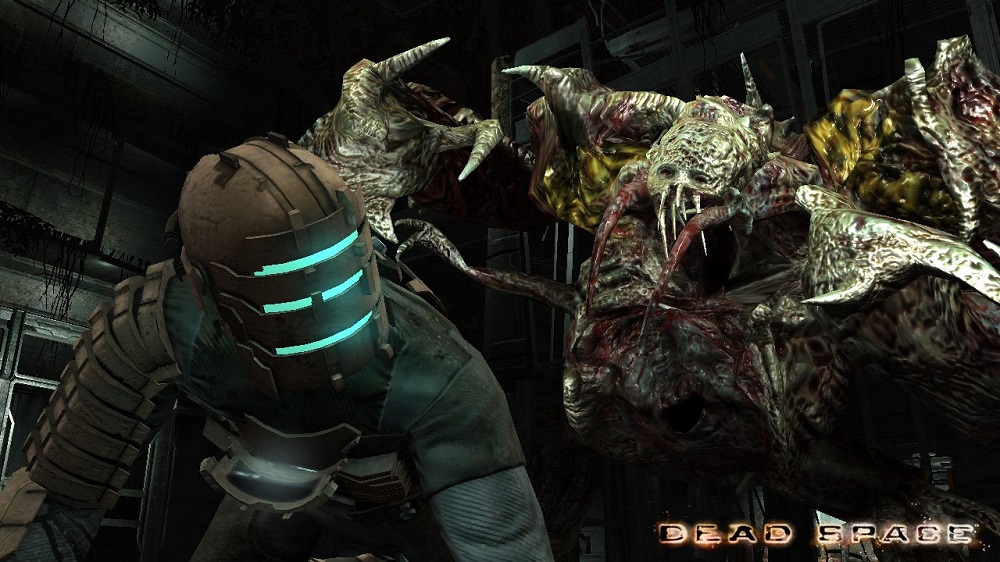
The last high profile closure by EA, which prompted many similar articles back in 2017. The reason why Visceral is listed here as an honourable mention is because it was a studio that EA created, as Redwood Shores in 1998, rather than one that it bought.
But that doesn’t change the fact that corporate meddling doomed the studio that found its success in a relatively niche genre. We’ve heard the stories of the way EA forced microtransactions into the third game, had nonsensical expectations of a niche title, and punished the studio with closure due to the publisher’s own misguidedness.
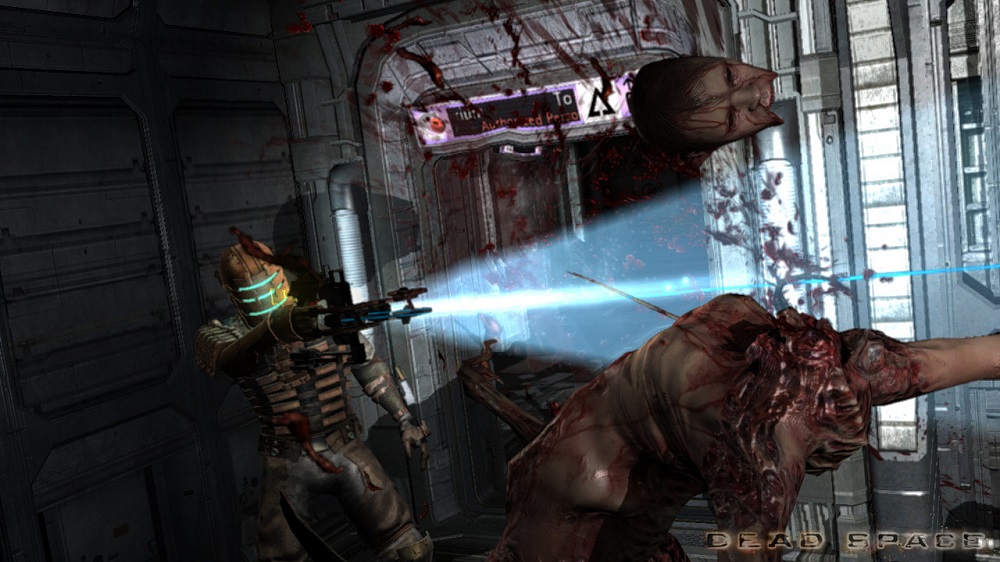
And now, EA wants to remake the first Dead Space. And the company CFO wants praise for the publisher’s treatment of acquired studios. But immediately follows up by saying that he “doesn’t care” during an investor call. Which is probably for the better, because if he did, he would be aware that – business realities notwithstanding – the company’s track record suggest that it deserves lot of the opposite instead.
Follow us on Instagram, Facebook, Twitter or Telegram for more updates and breaking news.



